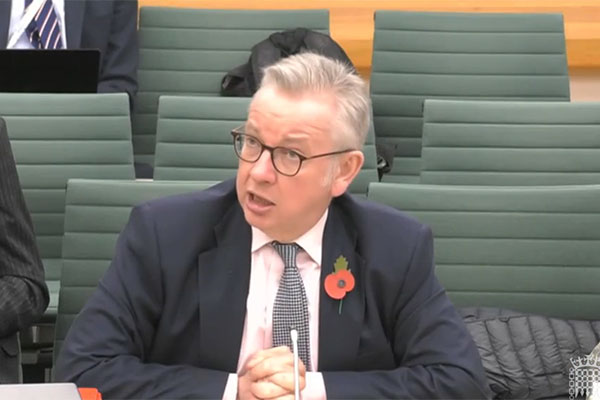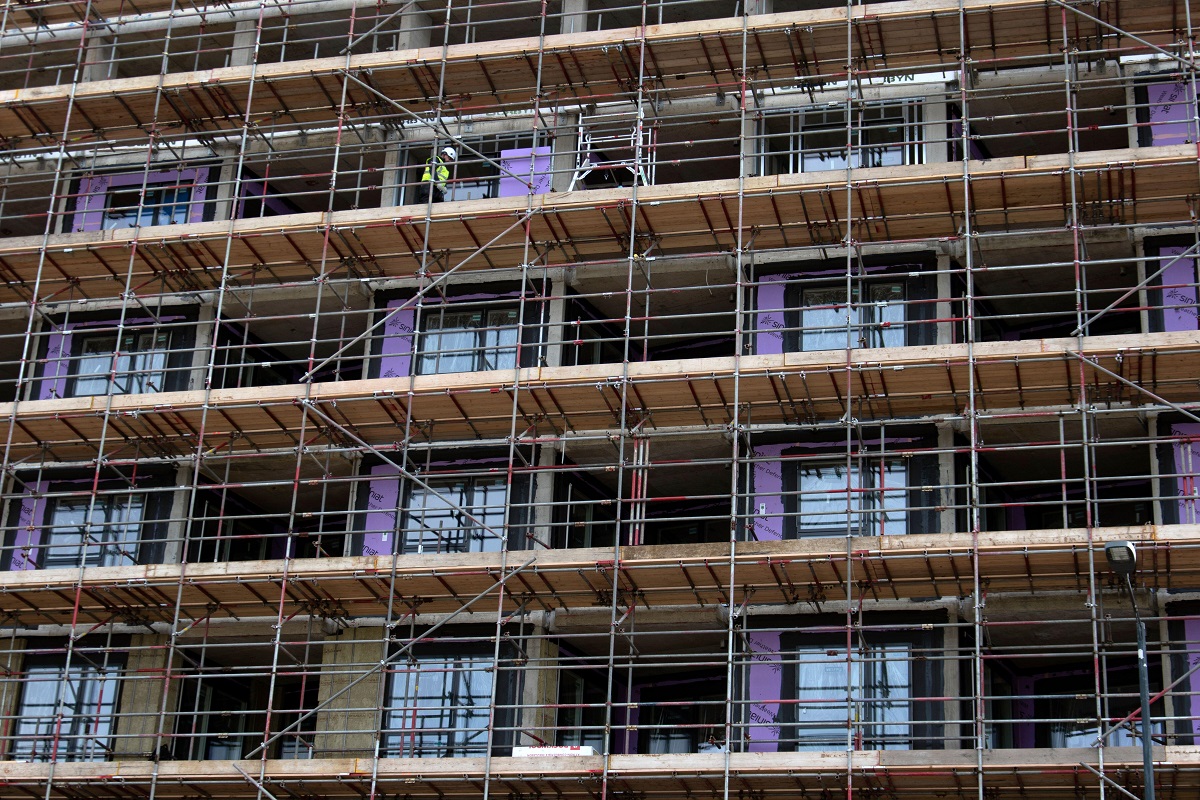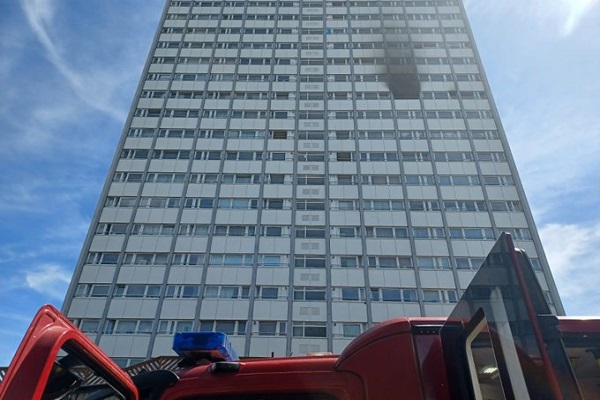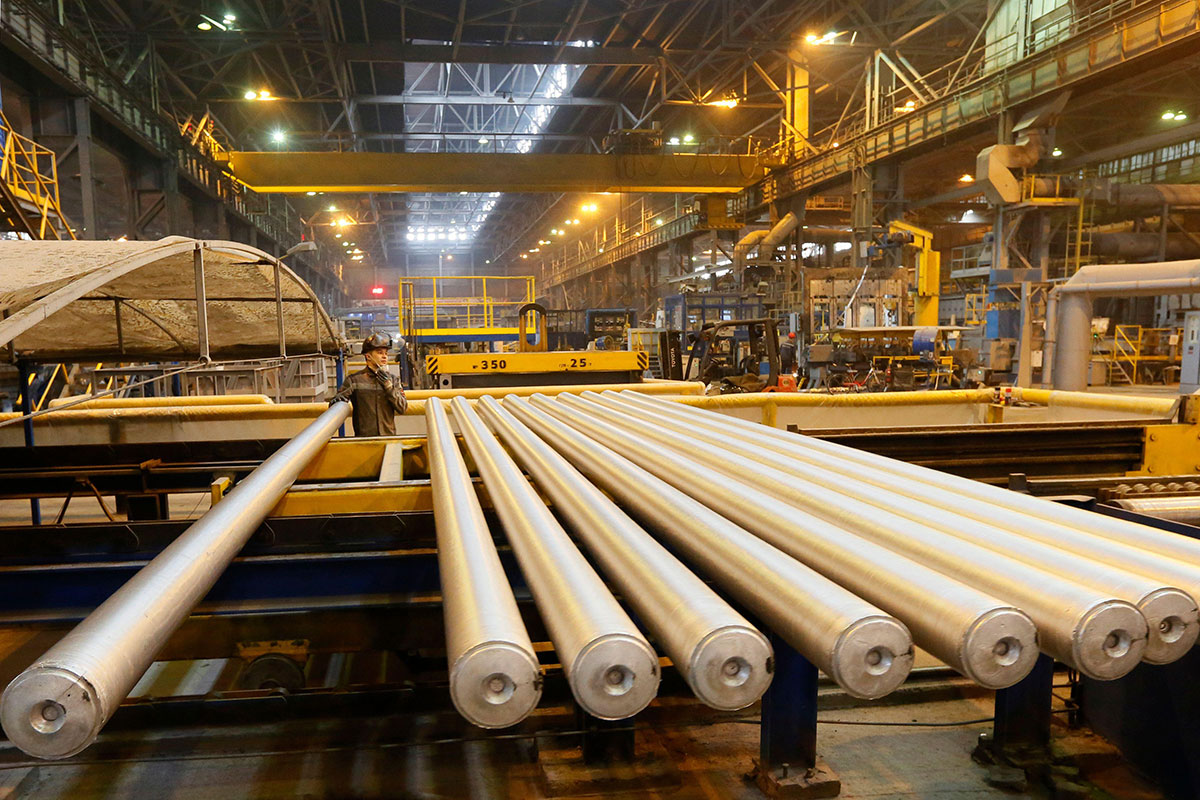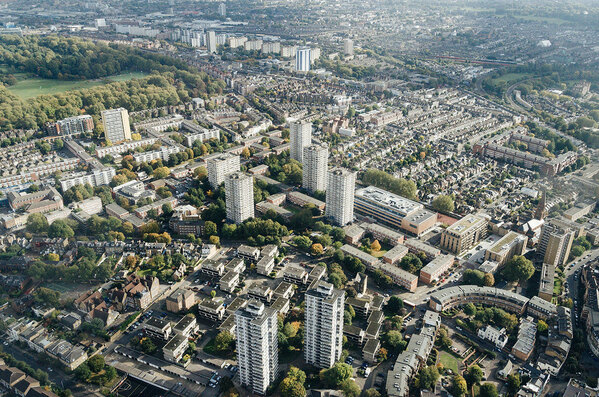You are viewing 1 of your 1 free articles
Gove: freeholders could face prison terms if they charge leaseholders full fire safety costs
Freeholders that send bills seeking tens of thousands of pounds from leaseholders to fix historic fire safety defects could be given jail terms from tomorrow, the housing secretary has warned.
In an open letter to freeholders and managing agents, Michael Gove said that after today, individuals in companies that contravene protections for leaseholders included in the new Building Safety Act could face prison terms of up to 10 years under the new legislation.
His warnings come after he was informed of a number of situations where leaseholders have been sent invoices for remediation bills covering the full costs of fixing historic fire safety defects.
This comes despite the fact that the Association of Residential Managing Agents sent a letter to members back in January advising them not to send cladding-related Section 20 notices.
Mr Gove’s letter said that the days of leaseholders being charged extortionate amounts to fix issues are now over and that “criminal exploitation of leaseholders will be treated with the utmost seriousness”.
The leaseholder protections that are part of the Building Safety Act will be made law tomorrow and ensure that building owners are responsible for paying to fix historic fire safety defects if they are linked to the original developer or if they can afford the costs.
In cases where the freeholder does not meet the requirements, bills can be passed on to leaseholders, but the total amount will be capped at £10,000 for those living outside of London and £15,000 in Greater London.
Mr Gove said in his letter that from tomorrow the department’s Recovery Strategy Unit would start work to try to identify those freeholders and managing agents that continue to send invoices for costs and will work closely with enforcement authorities to take action against those that do not comply.
The Building Safety Act achieved Royal Assent in late April after a 10-month journey through parliament and was described by the government as “one of the biggest changes to building safety legislation in history”. All aspects of the bill are expected to be implemented in the next 18 months.
Among the changes included is the formation of a new Building Safety Regulator, which will implement a new, more stringent regulatory regime, while changes to the Regulatory Reform (Fire Safety) Order 2005 put new requirements on a building’s ‘responsible person’ to ensure fire safety standards are maintained in a building.
In his letter, Mr Gove said that responsible building owners should have produced plans to comply with all aspects of the Building Safety Act, including those that have not yet come into force.
He said that fire risk assessments should be updated, and these should take into account the new government guidance around proportionality, to reduce the need for unecessary remediation work and waking watches.
The letter also warns that freeholders who are unable to get their developer to pay for the costs should now have carried out assessments of what work needs to be done, ready to be put forward for funding through the Building Safety Fund.
The existing Building Safety Fund is expected to reopen for new applications shortly, while the new promised fund to fix buildings between 11 and 18 metres tall “will be launched soon”.
Sign up for our fire safety newsletter
Already have an account? Click here to manage your newsletters
